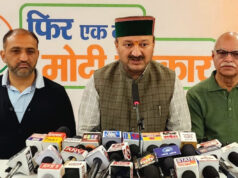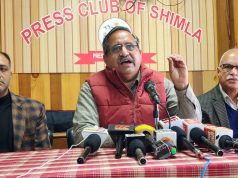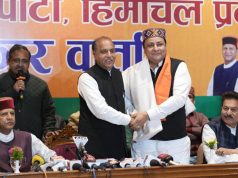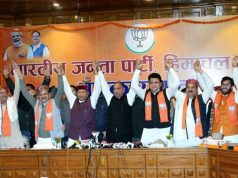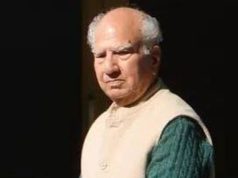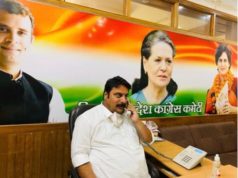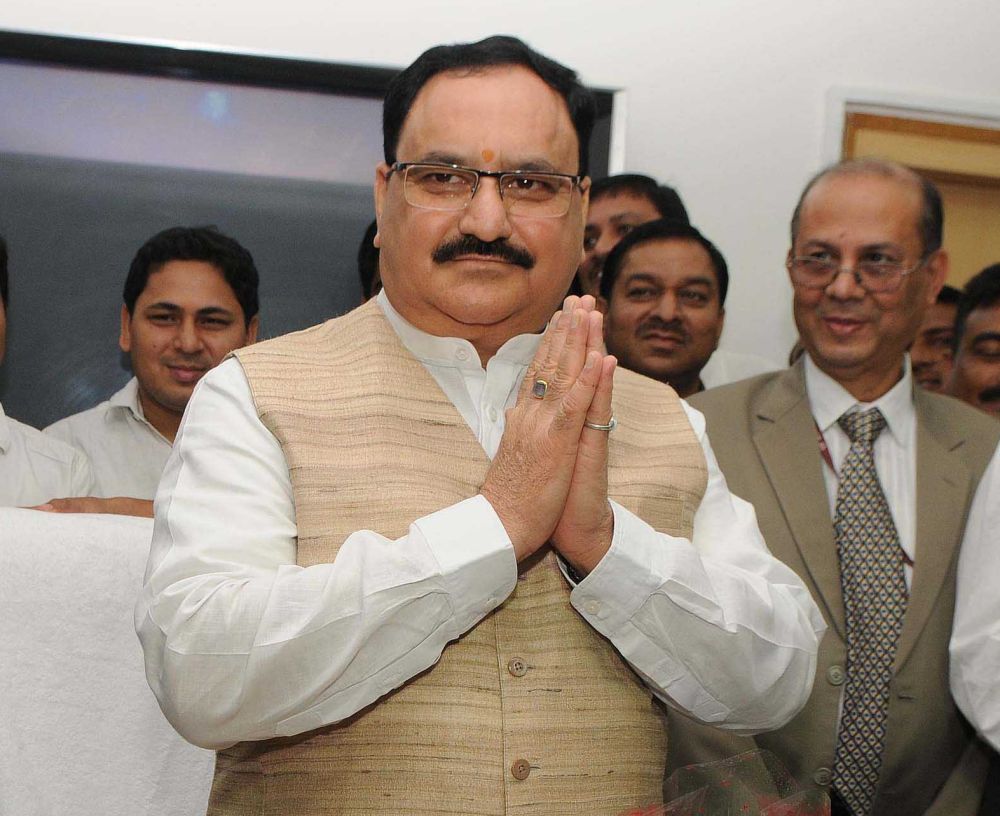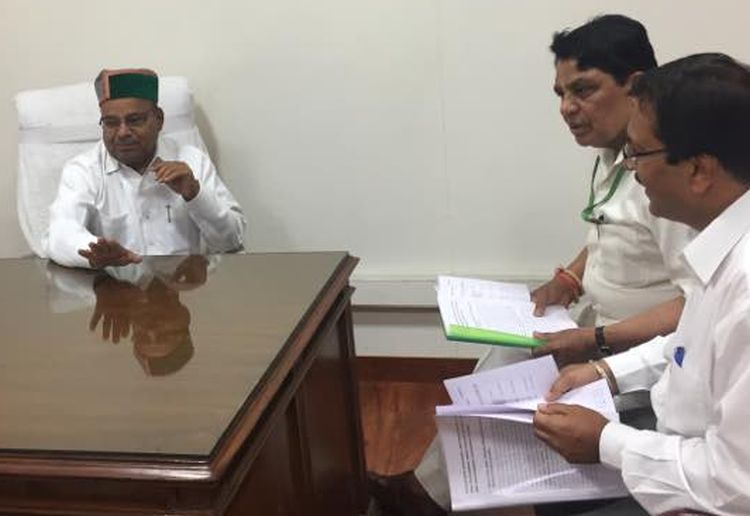At a time when the third-largest opposition party, the Trinamool Congress, has announced that it will fight the 2024 elections alone, it is difficult to predict with certainty whether a coalition against the BJP will form for the 2024 elections in India. Various factors can influence political alliances and coalitions, including ideological differences, regional interests, and personal ambitions of political parties and leaders. There have been discussions and speculations in the media and political circles about the possibility of a coalition against the BJP in the upcoming elections.
It is important to note that the formation of a coalition would require significant coordination and negotiation among different political parties, and there may be challenges in reaching an agreement on key issues such as leadership, seat-sharing, and the party’s agenda. Additionally, the performance of individual parties in state elections also influences the dynamics of a potential coalition. There are eight national and several regional parties, each with individual political ambitions and agendas.
The Congress has been in talks with several regional parties to form a grand alliance to challenge the ruling BJP-led National Democratic Alliance (NDA) in the upcoming general elections. Although, the success of such an alliance is doubtful considering the current political scenario in the country. Prime Minister post aspirant K. Chandrasekhar Rao and AAP leader Arvind Kejriwal don’t seem enthusiastic about the possibility of a Congress-led coalition against the BJP. KCR is, in fact, working for anti-BJP opposition unity without Congress.
While the Samajwadi party, JD-U, and RJD will have authority over Congress in UP, Bihar, and Jharkhand, respectively, these parties must support the latter in states like Rajasthan and Karnataka, where it will be having a direct contest with the BJP.
The coalition will have to work on the concept that regional parties will restrict themselves to their respective strongholds and help others in theirs. In other words, all the non-BJP parties must be willing to forego individual ambitions and help each other fight the BJP. But the larger question is: at a time when factional feuds within Congress are fracturing its leadership, how practical will such an arrangement with other parties be?
Note: The article is contributed by Mithun Kumar – Political Analyst.


